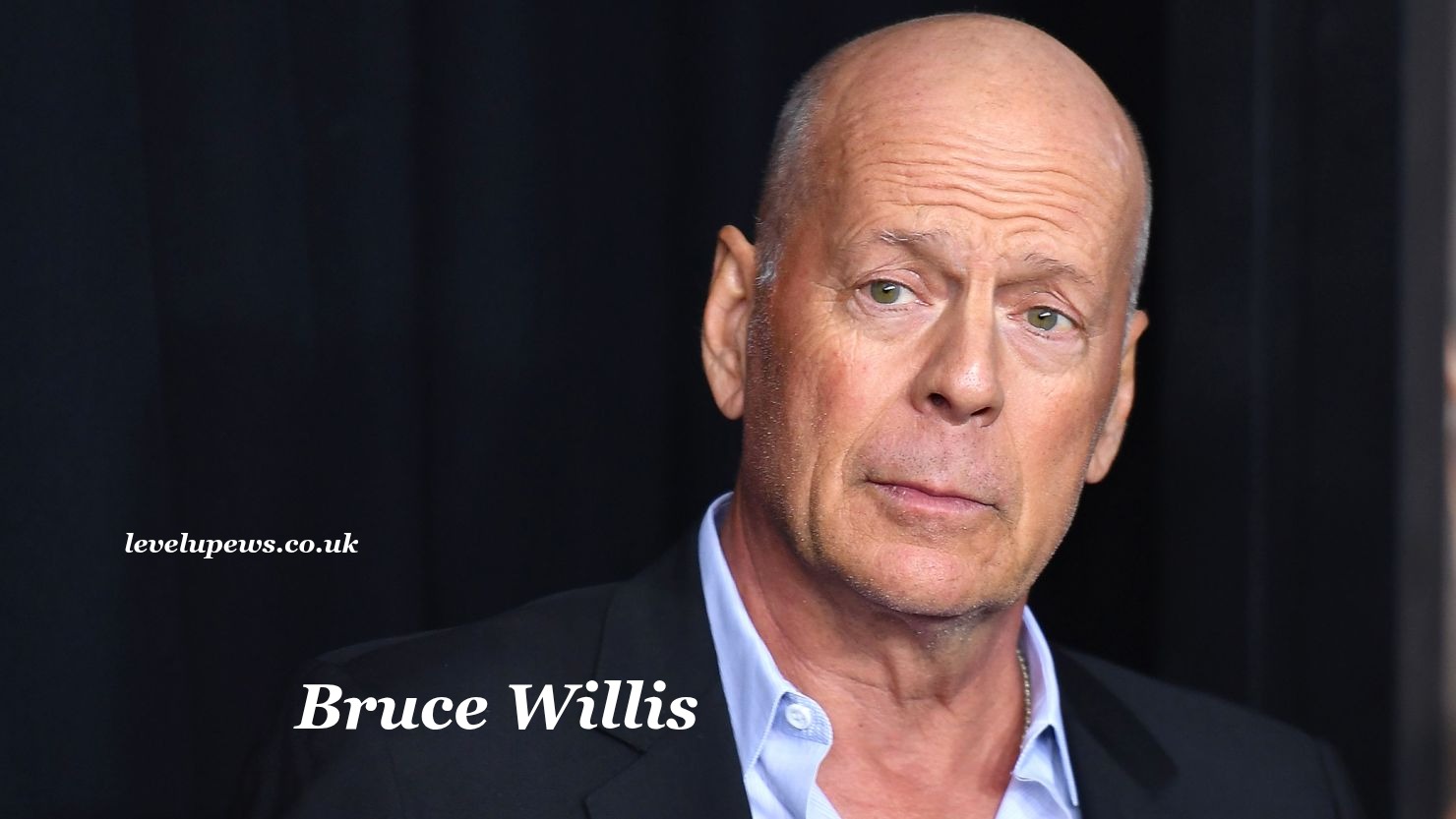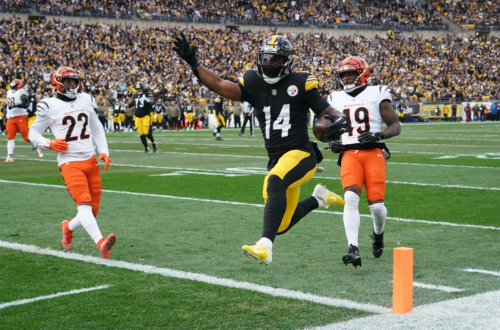Introduction: The Man Behind the Icon
When you think of action movies that changed the face of Hollywood, one name instantly comes to mind—Bruce Willis. From his wisecracking cop persona in Die Hard to his emotionally complex roles in films like The Sixth Sense, Willis carved out a career that not only made him a global superstar but also cemented him as one of the most versatile actors of his generation. His career, however, wasn’t just about box office hits; it was also about resilience, reinvention, and a dedication to his craft.
What makes Bruce Willis stand out is that he wasn’t the typical action hero. At a time when muscle-bound stars like Arnold Schwarzenegger and Sylvester Stallone dominated Hollywood, Willis brought a more relatable, everyman quality to the big screen. He was charming, witty, and tough—but also vulnerable, which made audiences connect with him on a deeper level.
Over the decades, Bruce Willis has left an indelible mark not only on the film industry but also on popular culture. Let’s take a closer look at his life, career, and legacy.
Early Life and Humble Beginnings

Bruce Willis wasn’t born into fame and fortune. He entered the world on March 19, 1955, in Idar-Oberstein, West Germany, where his father was stationed as a U.S. soldier. His mother was German, and soon after his birth, the family moved to New Jersey, where Willis grew up. Unlike many Hollywood stars who had their eyes set on acting from the start, Willis had a rather ordinary upbringing and struggled with speech issues, including a stutter.
Interestingly, it was acting that helped him overcome this challenge. In high school, Willis discovered that performing on stage allowed him to control his stutter and gain confidence. This discovery sparked his passion for acting and set him on a path that would eventually lead to Hollywood stardom. Before making it big, though, he had his fair share of struggles.
Like many aspiring actors, Willis worked odd jobs while pursuing his dreams. He was a bartender in New York City, where his quick wit and charisma made him popular among customers. Little did he know that his ability to entertain people in everyday situations would later become a defining trait of his on-screen persona.
The Breakthrough: Moonlighting and the Road to Stardom
Before Die Hard made him a household name, Bruce Willis first found fame on television. In the mid-1980s, he landed the role of David Addison Jr. in the hit TV series Moonlighting, alongside Cybill Shepherd. The show was a blend of comedy, drama, and romance, and Willis’ performance was nothing short of electrifying. His charm, humor, and natural chemistry with Shepherd turned him into a star almost overnight.
What stood out in Moonlighting was how Willis broke away from the traditional image of a TV leading man. He wasn’t polished or overly serious; instead, he was witty, sarcastic, and playful. Audiences loved it, and critics took notice too, eventually awarding him an Emmy for his performance. This success gave him the momentum he needed to leap into films.
However, his transition to Hollywood wasn’t smooth at first. Studios were skeptical about whether a TV actor, especially one without the physique of a Stallone or Schwarzenegger, could succeed as a big-screen action star. That skepticism evaporated in 1988 with the release of Die Hard.
Becoming an Action Legend: The Die Hard Era
Die Hard was the film that changed everything for Bruce Willis—and for action movies as a whole. As John McClane, a New York cop trapped in a Los Angeles skyscraper overtaken by terrorists, Willis gave audiences something fresh. He wasn’t a superhuman soldier or an unstoppable machine; he was a regular guy caught in an extraordinary situation. He bled, he struggled, and he cracked jokes under pressure.
Audiences instantly connected with McClane, and Willis became the unlikely action hero of the late ’80s and ’90s. The film was a box office smash and went on to spawn a successful franchise with multiple sequels. Each installment may have varied in quality, but together they cemented Willis as an enduring Hollywood action star.
What made Willis special was his balance of toughness and humor. His one-liners, like the iconic “Yippee-ki-yay,” became part of pop culture. Unlike the stoic heroes of the era, McClane felt human—someone who could be scared but still push forward. This relatability made Bruce Willis stand apart and redefined the action genre.
Expanding His Range: From Action to Drama
While Bruce Willis will always be remembered for Die Hard, his career was far more diverse than just explosions and gunfights. In the 1990s, he took on roles that showcased his versatility. Films like Pulp Fiction (1994) demonstrated his ability to fit seamlessly into complex narratives, working under visionary directors like Quentin Tarantino.
Then came The Sixth Sense (1999), which completely reintroduced Willis to audiences as a serious dramatic actor. His performance as Dr. Malcolm Crowe was understated yet powerful, anchoring the film’s emotional weight. The movie not only became a massive success but also proved that Willis could deliver depth and vulnerability when the role demanded it.
Throughout his career, Willis moved between genres—action, comedy, drama, and even sci-fi, as seen in The Fifth Element and Looper. This adaptability is part of why he has remained relevant for so many decades. He never allowed himself to be boxed into one role, and that creative courage is rare in Hollywood.
Personal Life and Public Image
Beyond his career, Bruce Willis has lived a personal life that has often been under the spotlight. His marriage to actress Demi Moore in 1987 was one of Hollywood’s most high-profile unions. Together, they had three daughters, and even after their divorce in 2000, the two remained close friends and co-parents. This maturity and mutual respect won them admiration in a world where celebrity divorces are often messy.
In 2009, Willis married model Emma Heming, with whom he has two more daughters. His commitment to family life has been a constant, and he is often praised for being a devoted father. Despite the pressures of Hollywood, Willis managed to keep his private life relatively grounded compared to many of his peers.
Publicly, Willis has always maintained a straightforward, no-nonsense image. He’s known for his humor, candidness in interviews, and an everyman appeal that has made him likable across generations. Even as his health challenges have emerged in recent years, fans continue to rally around him with respect and admiration.
Legacy and Impact on Hollywood
Bruce Willis’ legacy is undeniable. He didn’t just star in action movies; he changed what it meant to be an action hero. By blending humor, vulnerability, and grit, he opened the door for a new type of protagonist—one who wasn’t larger-than-life but instead felt real and relatable.
His influence can be seen in countless films and characters that came after him. From reluctant heroes to witty protagonists, many modern action stars owe a debt to the blueprint Willis created with John McClane. Even outside of action, his dramatic performances have proven that he was more than just a one-note actor.
Today, as he steps back from acting due to health reasons, his body of work remains timeless. Fans continue to revisit his classics, introducing new generations to the man who gave us some of cinema’s most unforgettable moments. Whether it’s the heart-pounding thrills of Die Hard or the emotional depth of The Sixth Sense, Bruce Willis’ contributions will forever be remembered.
Conclusion: The Enduring Star
Bruce Willis is more than just an actor—he’s a cultural icon. From humble beginnings in New Jersey to global superstardom, his journey has been nothing short of inspiring. He defied expectations, broke stereotypes, and gave audiences heroes they could relate to.
Even as he steps away from the spotlight, his films continue to shine, reminding us of the charm, humor, and heart that made him special. In a way, Bruce Willis represents the kind of Hollywood star we don’t see very often anymore: someone who could be larger-than-life on screen while still feeling like a regular guy you’d want to have a beer with.
His legacy is secure, his influence undeniable, and his place in Hollywood history permanent. Bruce Willis didn’t just act in movies—he helped shape modern cinema.





